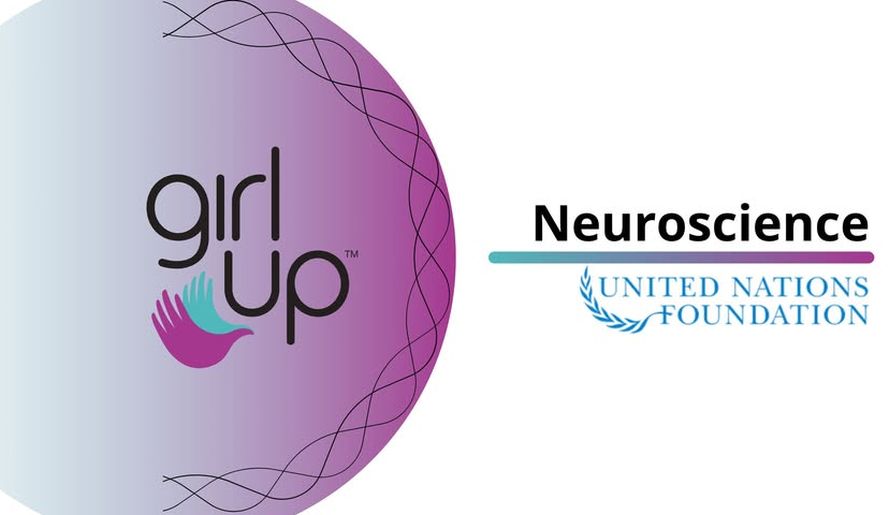Can artificial intelligence steal our jobs? Can anything be done about that?
Fear looms as artificial intelligence (AI) can possibly fuel an unemployment crisis making human work literally irrelevant. It is one of the most serious concerns of our times. According to more optimistic predictions AI will only replace repetitive jobs, jobs that do not imply creativity or innovation. Notwithstanding, for media and creative industry employees it is all clear that things are gloomier than they appear to be.

Eugen Nasta, 26.02.2025, 14:00
Fear looms as artificial intelligence (AI) can possibly fuel an unemployment crisis making human work literally irrelevant. It is one of the most serious concerns of our times. According to more optimistic predictions AI will only replace repetitive jobs, jobs that do not imply creativity or innovation. Notwithstanding, for media and creative industry employees it is all clear that things are gloomier than they appear to be.
Over one third of translators lost part of their workload because of AI. Companies have carried massive layoffs for content writer positions, keeping only the bare minimum of employees, in a bid to make AI work sound more human. Moreover, 46% of the respondents to a survey carries in the United States expressed their fear that AI would replace press reporters and book authors.
Luiza Banyai has a more than 20 years’ experience in HR. Ms Banyai is also a consultant in organizational transformation. She believes that, against this backdrop, the importance of lifelong training and development is as important as it could be. However, such a responsibility equally lies with the employer and the employee:
“First off, that alone should generate a need to learn. The responsibility of learning lies with every one of us, meaning my boss cannot be responsible for how I develop, yet he is responsible for making sure I have the necessary tools and knowledge so I can do the job I have been hired for. Also, so I can grow in the company, as for myself and company, it is an advantage to grow in that particular company,
The hardest thing is to adapt a cultural man, and not to have them grow, from the standpoint of skills and competences. Once I adapted culturally in a company, I know how everything works, I understand that particular business, the easiest thing, actually, is to invest in my growth, so I can advance to other positions. And that is the manager’s job. My job, however, is to be able to become responsible for my own growth. “
Luiza Banyai believes that, for those whom AI affects directly, at individual level, because the job they have been training for, is no longer necessary, fear have its negative effects. However, the expert suggests a different attitude:
“Every time, it is like a process, I return into the loop, I understand what I want, what I like to do, what, from what I do, can be paid ? What, from what I do, is not paid any more. Okay, what can I do differently so I can retain my relevance? And then you need to begin to learn other skills, that’s all. Everything changes.
The job of streamer, did it exist a couple of years ago? Did we have Uber? Is there any opportunity to make global translations? AI ethics jobs will appear, for instance, the fake news detectors, who will be very important in the company.“
Luiza Banyai believes that, in Romania, in recent years the investment made was not efficient and sufficient enough in the development of competences required for human resources departments, so that the latter can contribute in their maximum capacity to the employees’ organizational development.
Also, Luiza Banyai considers the middle management competences did not grow organically and in harmony with the company’s infrastructure, so the managers can have the knowledge of how to develop the human potential in the teams they run, in a sustainable and sound manner. People in such positions no longer have the necessary or the required tools so they can help the others grow, stay motivated and continue to get involved.
“It happened during the most recent crisis, over 2008-2009, when the crisis was a major one. We all know we had been going through other crises, the pandemic and suchlike…and what are we going through right now. But here is what happened then: companies had to resurface very quickly, they had to survive. So they needed people who were strictly oriented towards the delivery of a result. These people grew, they delivered results. It’s just that they delivered business/processes results.
In the human sector, if you want to enhance the management you need to invest organically and you need to infuse development, in a strategic manner. You’re the one who must teach the manager how to use the hammer and the anvil. You’re the one who must do your duty to teach them, afterwards creating an auspicious context for them to implement it, and for that there wasn’t much time.
And then quite a few of them grew with the title, with the name; somehow the position enhancement was used as a method of retention, which is wrong, because, longer-term, it only generates safeguarding, no development is generated doing that, or engagement, it is a form of safeguarding a contract.
And something like that can be felt, it can be seen in the patterns of behavior around the company, you can see that in the amount of pressure, you can see that in the fact that the conductor no longer exists, which means that in the long run, the role of the manager is to conduct. He is like the conductor of an orchestra, all that can be so finely-tuned and fine from the standpoint of the impact they have…”
According to a recent survey, 50% of the Romanian employees believe the current retraining/refresher programs in companies fail to develop communication and relational skills (soft skills) tailored to real-life scenarios. In the big companies, such a percentage can reach 56%.
For Luiza Banyai, the role a company can play in its employees’ lives is honorable, since they have the opportunity to offer people useful skills, not only on the job but also in all other aspects of their lives. Learning how to communicate efficiently, how to get involved in the decision-making process or how to offer and receive feedback, these are qualities that contribute to a better life and to a better society, generally speaking.
Therefore, the organizations that will embrace lifelong learning will have employees who are prepared to respond to the changes of our times. For them, technology will be an ally and not a reason to fear.






























